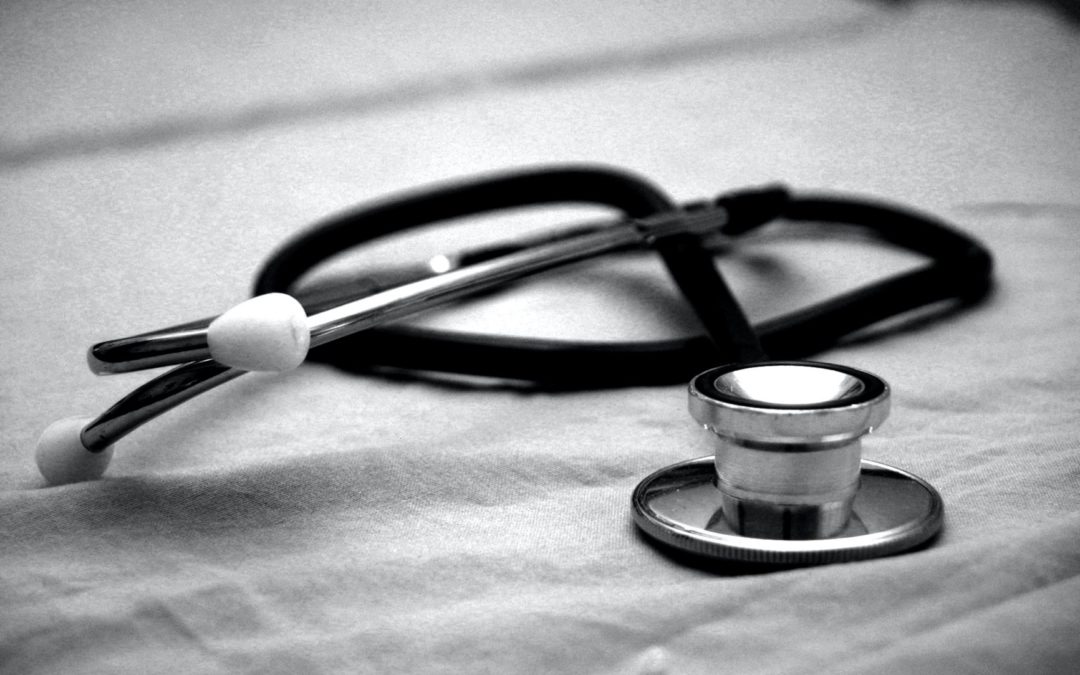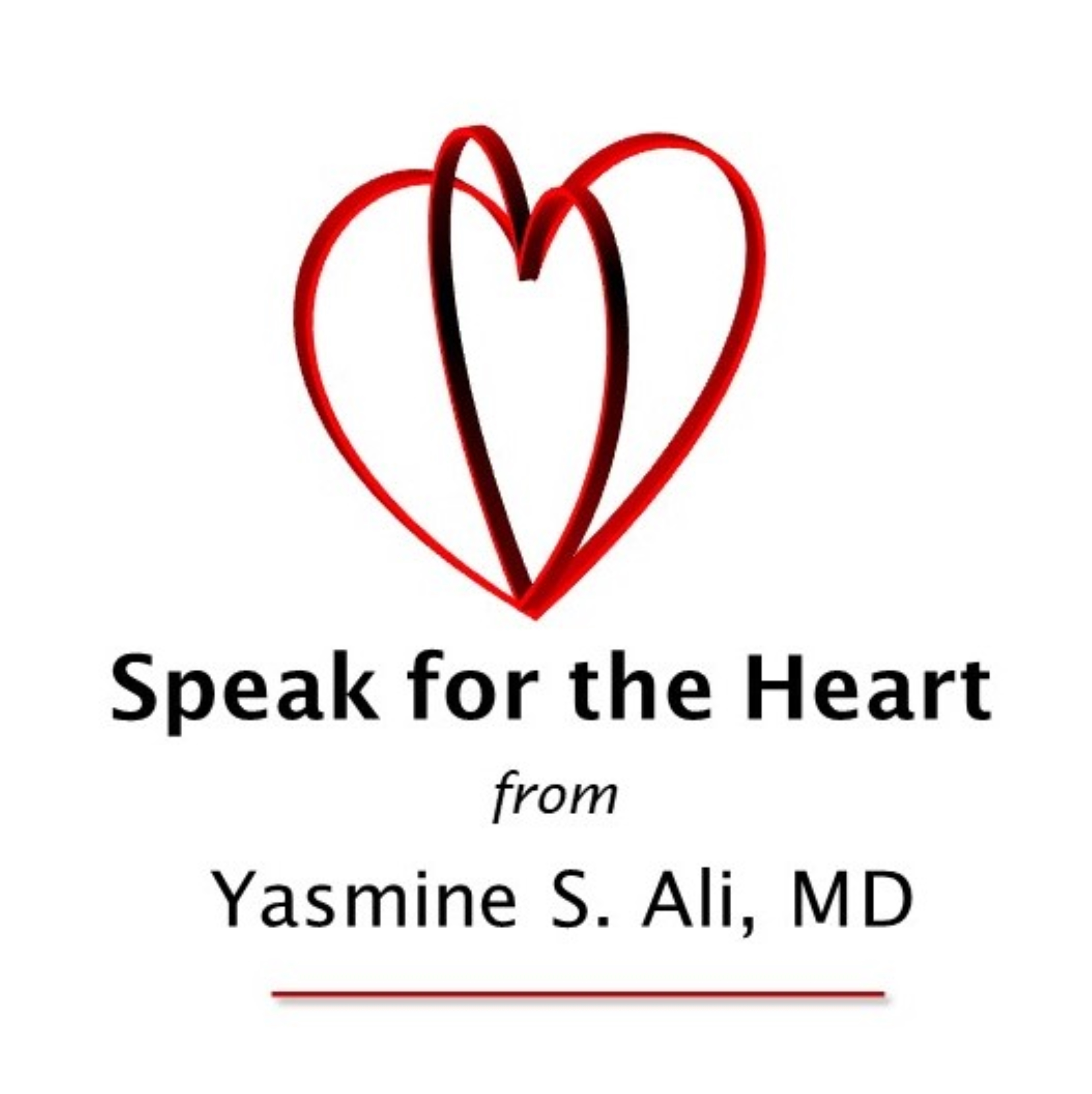As many physicians and public health experts have noted, COVID-19 is a disease unlike any we have seen in modern times. We continue to learn new information and observe new findings every day. One of the developments we have observed over the past few months has been the ability of the novel coronavirus to attack the cardiovascular system in numerous ways.
Although primarily an infection of the lungs and respiratory tract, we now know that, in many patients, COVID-19 does not spare the cardiovascular system. Here are just a few of the cardiac conditions caused by this coronavirus:
COVID Myocarditis
Myocarditis is inflammation of the heart muscle (myocardium), and a number of reports have emerged regarding COVID-19-related myocarditis. According to a Heart Rhythm review article, the ways in which the coronavirus causes myocarditis are thought to be “a combination of direct viral injury and cardiac damage due to the host’s immune response.” In other words, both the virus and the infected person’s own immune system may be playing a role in attacking the myocardium.
A study published in JAMA Cardiology in July 2020 looked at 100 adult patients who had recently recovered from COVID-19, and found that 78% had cardiac involvement when assessed by MRI, and 60% continued to have evidence of myocarditis.
So, what are the symptoms of COVID myocarditis? In addition to the many other symptoms of COVID-19, such as coughing, fever, and difficulty breathing, patients with myocarditis may experience intense fatigue, palpitations, chest pain or tightness, or even, in the more advanced cases, symptoms of shock (low blood pressure, high heart rate, cold or mottled feet and hands, and feeling faint or losing consciousness).
Treatment at this stage is supportive, and includes giving intravenous medications that can raise and support a patient’s blood pressure if needed, and help ensure that adequate circulation continues to vital organs. Treatment may also include use of mechanical ventilation (being placed on a respirator) for patients who are no longer able to breathe on their own.
Arrhythmias
A number of abnormal heart rhythms (arrhythmias) have been identified in patients with COVID-19, affecting both the top and bottom chambers of the heart and making it difficult for the heart to pump effectively.
Symptoms of arrhythmias can include palpitations, a feeling of one’s heart “racing,” chest discomfort, difficulty breathing, fatigue, and feeling faint or dizzy or even losing consciousness. Diagnosis is made with an electrocardiogram (ECG) or other form of cardiac monitoring that incorporates heart rhythm information.
Physicians are currently applying standard, established treatments for arrhythmias, which may include medications to control heart rate or overcome heart block, making sure electrolytes like potassium and magnesium are replaced, stopping any potential offending medications (like hydroxychloroquine or azithromycin), and even emergently shocking a patient back into normal rhythm.
Blood Clotting and Stroke
One of the most surprising findings in relation to the multi-system disease caused by COVID-19 is the way in which this disease seems to be able to turn on a “clotting cascade” that can quickly get out of control. Tiny blood clots, known as microemboli, can travel through the bloodstream to vital organs and even into the joints and extremities (as with “COVID toes”). Larger clots can go to the brain, causing strokes, even in otherwise-healthy young patients.
Physicians treating patients with COVID-19 have found that giving blood thinners can make a significant difference in terms of mortality. One study that involved 449 patients with COVID-19 reported that treatment with blood thinners lowered 28-day mortality by 20% in severely ill patients who demonstrated signs of abnormal blood clotting.
Heart Attacks
In some cases, systemic inflammation (“cytokine storm”) caused by COVID-19 may lead to heart attacks by destabilizing already-existing plaques in a person’s coronary arteries. There have also been reports of more severe heart attacks in patients with COVID-19, due to the clotting disorder mentioned above.
Another consequence of the COVID-19 pandemic is the alarming number of heart attacks and strokes that are not due to the virus itself, but are occurring as they usually would—in people who are not seeking emergency medical attention due to the fear of going to a hospital or emergency department during the pandemic. The American Heart Association and the American College of Cardiology, among other national organizations, have been working hard to raise awareness of this issue, and encourage anyone who needs urgent or emergent medical attention to seek it without delay.
You may also be interested in reading:
5 Ways to Boost Your Immune System
Want to learn more about how to keep your heart healthy? Sign up for my newsletter.
Photo by Hush Naidoo on Unsplash


